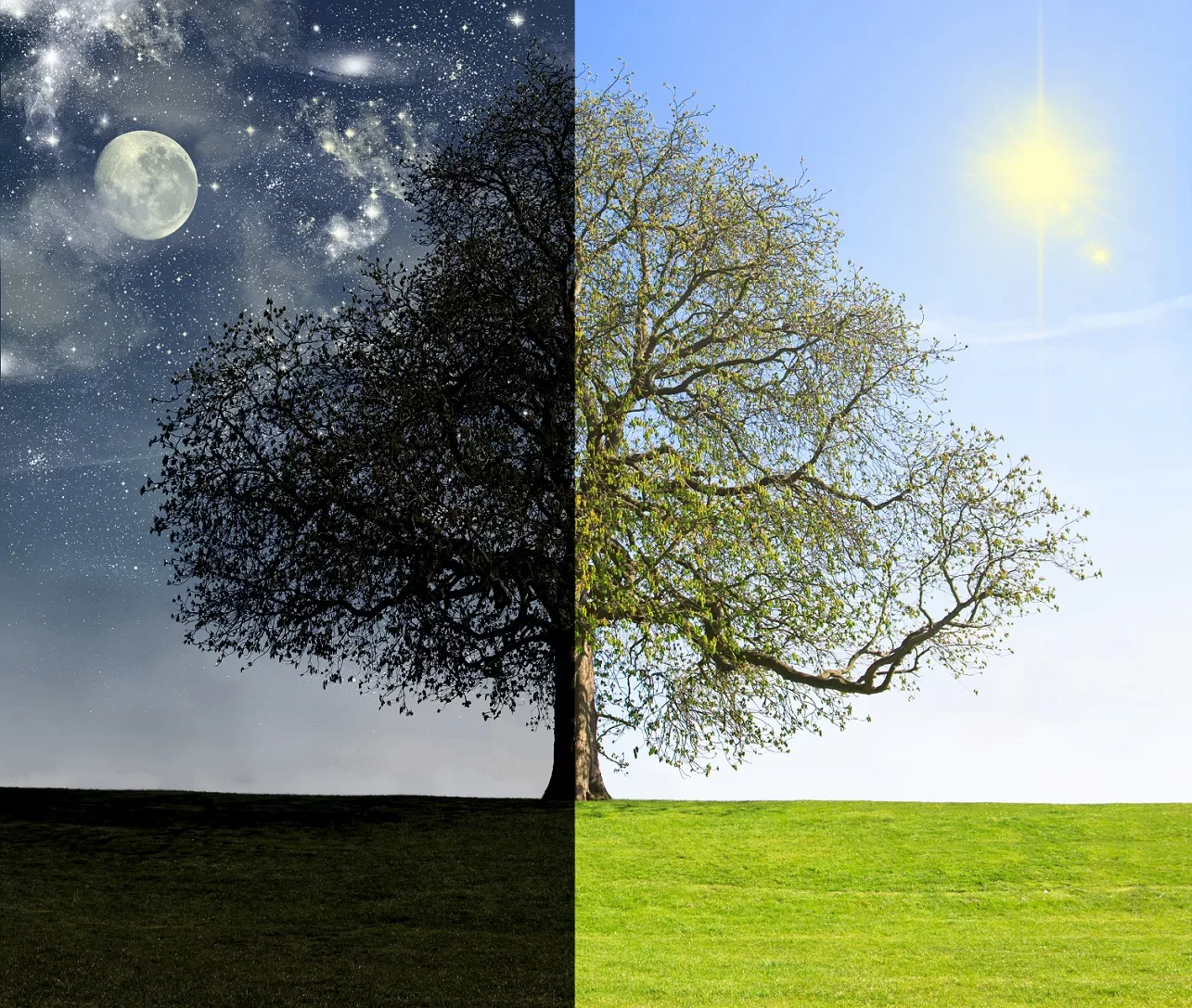8 Psychology Facts About Our Dark Side

Is humanity, despite its flaws, essentially a kind, thoughtful, and good-natured species? This issue has persisted throughout history.
Or are we fundamentally programmed to be evil, oblivious, lazy, vindictive, and selfish? There are no easy answers, and everyone is different.

Here are ten depressing facts that highlight the less admirable and darker facets of human nature:
- Minorities and the weak are viewed as less than human.
A brain-scan study that indicated a small group of students displayed less cerebral activity linked to thinking about people when they looked at photos of the homeless or drug users, compared with higher-status individuals, provided one startling illustration of this blatant dehumanisation.
According to a different survey, those who oppose Arab immigration tend to view Muslims and Arabs as having lower levels of evolution than the general population. There is proof that young people dehumanise the elderly and that both sexes dehumanise intoxicated women. Additionally, children as young as five see out-group faces—those of persons from a different city or who have a different gender—as less human than in-group looks, demonstrating how easy it is to dehumanise others.
- We believe in the idea of karma.
Assuming that the world’s oppressed are deserving of their lot in life. The unfavourable effects of such beliefs were initially illustrated in the now-classic study conducted in 1966 by American psychologists Carolyn Simmons and Melvin Lerner. Women participants in their study who saw a female learner receive electric shocks for giving incorrect answers assessed her less favourably when they learned that she would experience agony once more, mainly if they felt helpless to lessen it.
Since then, studies have shown that we are willing to blame the poor, rape victims, AIDS patients, and other people for their bad luck to keep believing in a fair society. Consequently, the same or related processes are probably to blame for our irrational, favourable perception of the wealthy.
- We are dogmatic and blinkered.
If people were logical and open-minded, it would be clear that the best way to change someone’s wrong ideas is to give them relevant information. But a well-known study from 1979 showed that this strategy doesn’t work: people who strongly supported or opposed the death penalty ignored all evidence that could have made their case weaker, which made them even more sure of their original opinion.
We perceive contradictory facts as eroding our sense of identity, which may be one reason why this happens. It doesn’t help that many of us are overconfident in how much we know. This discourages us from seeking more pertinent information because we think our ideas are superior to others.
If we had to spend time alone with our thoughts, we would rather electrocute ourselves. This was shown by a controversial study done in 2014, in which 25% of the women who took part and 67% of the men chose painful electric shocks over 15 minutes of quiet thought.
- We have an inflated sense of self.
Our stubbornness and irrationality might not be so bad if we were humble and self-aware. Still, most of us overestimate our skills and qualities, like how good we are at driving, how intelligent and attractive we are. This phenomenon is known as the Lake Wobegon Effect, named after the fictional town where “all the women are strong, all the men are good-looking, and all the children are above average.”
Ironically, the least skilled among us are more likely to be arrogant (the so-called Dunning-Kruger effect). This intense and unreasonable drive to improve ourselves is apparent regarding morals, like how honest and fair we think we are. Even prisoners who have committed crimes believe they are more friendly, reliable, and trustworthy than the typical public member.
- We are moral hypocrites.
It pays to be cautious of individuals who are quick and vocal in denouncing the moral flaws of others; chances are, honest preachers are just as guilty themselves but view their misdeeds with far less severity.
According to one study, people judge identical selfish behaviour—asking for the quicker and simpler of two available experimental tasks—to be much less fair when practised by others. Like this, actor-observer asymmetry, a long-studied phenomenon, describes our propensity to blame negative behaviour by others, such as our partner’s infidelity, on their character while attributing similar behaviour by ourselves to the circumstance at hand. A recent study shows that we judge the same rude actions much more harshly when strangers do them than when our friends or ourselves do. This double standard may even make us think that rudeness is rising.
- We’re all capable of being trolls.
Anyone who has gotten into an argument on Twitter can tell you that social media may magnify some of the worst things about people. This is because of the online disinhibition effect and the fact that being anonymous, which is easy to do online, makes us more likely to want to live forever.
A study published last year found that being in a bad mood and being exposed to trolling by others increased a person’s likelihood of trolling twofold. Research has suggested that people prone to everyday sadism (a worryingly high proportion of us) are especially inclined to engage in online trolling. Researchers who looked at reader discussion on CNN.com discovered that initial trolling by a few can start a snowball effect of growing negativity, with the “percentage of flagged posts and proportion of users with flagged posts… rising over time.”
- We favour psychopathic leaders who are ineffective.
Dan McAdams, an American psychologist, says that Trump’s overt violence and insults have a “primal appeal,” and that his “incendiary tweets” are like the “charging displays” of an alpha male chimpanzee and are “meant to scare.” If McAdams is correct, it would fit into a larger pattern that shows leaders are more likely than average to have psychopathic tendencies. Consider the poll of New York’s financial leaders, which showed that they were more psychopathic than average but less emotionally intelligent than average.
This summer, a meta-analysis found that people with more psychopathy are more likely to become leaders. This is important because psychopathy is also linked to less effective leadership.
- Dark personality features in people draw our sexual attention.
Not only do we choose leaders who have psychopathic traits, but there is also evidence that men and women are sexually attracted to people who have the so-called “dark triad” of traits: narcissism, psychopathy, and Machiavellianism. This could cause these traits to spread.
One study indicated that being characterised as self-interested, manipulative, and callous made a man more physically appealing to women. One idea is that dark traits show how confident and willing to take risks your “mate quality” is. Does this have any bearing on the species’ future? Maybe it does; a 2016 study indicated that women who were more strongly drawn to the faces of narcissistic males tended to have more offspring.
If you have a relationship issue with your partner or child, call 90008 50001 or click www.hopetrustindia.com for an online or in-person appointment with a professional.